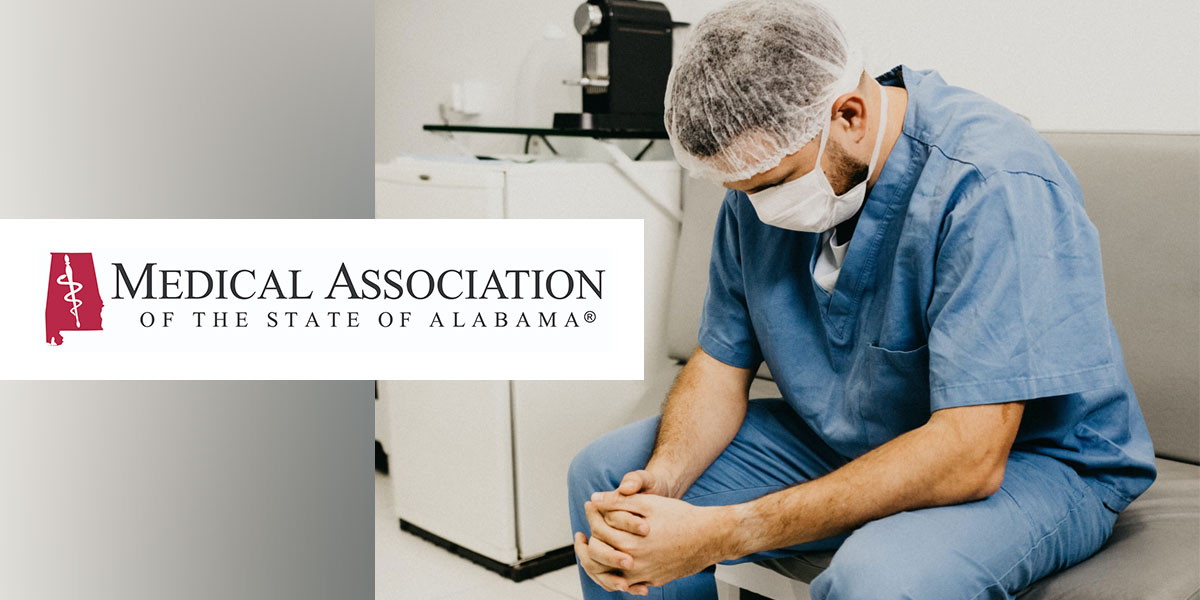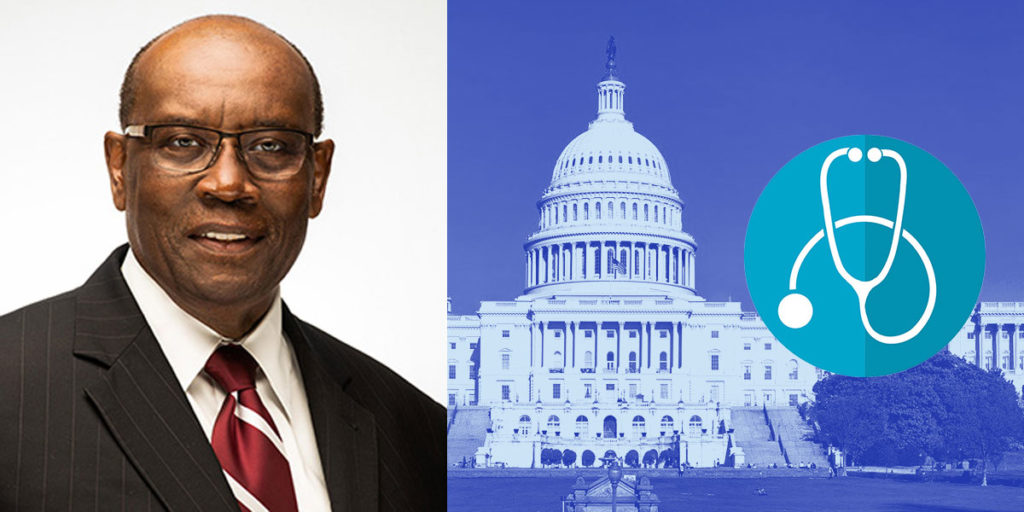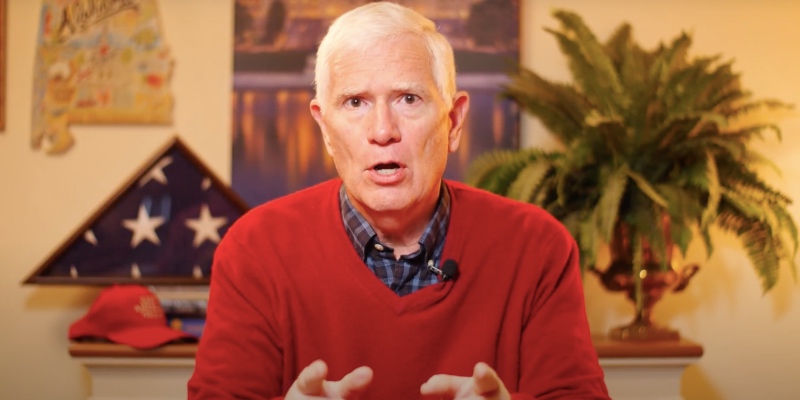Our country faces an unprecedented mental health crisis. Two out of five adults report suffering from symptoms of anxiety and depression. More than half of those age 18-24 report these same symptoms and roughly one out of five say they have suicidal thoughts. Even before the COVID-19 pandemic, rates of anxiety, depression and suicide in the U.S. were rising. The tension we’ve all lived under for such a prolonged time has exacerbated this trend.
Medical professionals are not immune to the grief, trauma and isolation of the last two years. In fact, we have been right in the middle of it, sometimes likened to soldiers on a battlefield. Among medical professionals, frontline health care workers were hit the hardest as they worked long hours taking care of sicker and sicker patients. Outpatient physicians exhausted themselves keeping their patients out of hospitals, while trying to keep their medical practices open at a time of extraordinary demand.
The toll has been severe and will continue to be for some time. A year into the pandemic, 62% of frontline health care workers said that worry and stress negatively affected their mental health. Almost 50% said their physical health was negatively impacted. Three-quarters of frontline health care workers report burnout. We will likely see increased rates of Post Traumatic Stress Disorder (PTSD), depression, even suicide among health care workers.
This isn’t a theoretical concern. Many Alabama physicians recently participated in an anonymous wellness survey. The findings reveal some feel they are at the tipping point of despair and contemplating suicide.
Nationally, physicians and nurses die by suicide at twice the rate of the general population. Many others suffer in silence, afraid to get help because they fear the stigma will end the career they have spent a lifetime working for.
One such physician was Dr. Lorna Breen, an emergency room physician in New York City. She was worried she would lose her medical license or be ostracized by her colleagues because she was suffering due to her work on the front lines of the COVID crisis. She was not alone in this fear. An American College of Emergency Physicians survey found that 73% said there is a stigma in the workplace when it comes to getting help.
Dr. Breen sadly died by suicide in April 2020. In her honor, the Dr. Lorna Breen Heroes Foundation was born. The Foundation’s mission is to reduce burnout of health care professionals and to eliminate the stigma of seeking mental health services.
I recently invited Dr. Breen’s brother-in-law, Corey Feist, to speak at the annual meeting of the Medical Association of the State of Alabama about the Foundation’s work to promote the mental well-being of our frontline health workers. He also discussed the Dr. Lorna Breen Health Care Provider Protection Act, which was signed into law in March. This new law provides training for health care providers on suicide prevention and behavioral health, as well as an awareness campaign to address stigmatization and promote help-seeking among this workforce. As an Alabamian, I am proud that every member of our state’s congressional delegation supported passage of this law.
It is gratifying to see a political system that is so often divided come together to make progress on this issue. This bipartisan support is a recognition that the consequences of physician burnout and depression are drastic, ultimately resulting in higher costs, greater turnover, poorer overall quality of care and decreased patient satisfaction.
It is also gratifying to have seen expressions of appreciation from the public for our health care workers during this time of crisis. Believe me, that support means so much to physicians, nurses and others as we serve our patients and seek to improve the well-being of our communities.
Even after COVID, the heightened challenges and stresses of caring for others will continue. No one is immune to the growing mental health care tragedy in our nation. Fortunately, help is available. If you or someone you know is suffering from a mental health problem, resources and information about help are available at www.mentalhealth.gov. The 24-7 National Suicide Prevention Hotline is 1-800-273-8255. In Alabama, you can reach out to the state’s Department of Mental Health through www.mh.alabama.gov.
Dr. Aruna Arora is board-certified in Neuromuscular Medicine and is medical co-director of the ALS Clinic in North Alabama/Huntsville. She is the Immediate Past President of the Medical Association of the State of Alabama.













